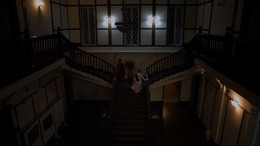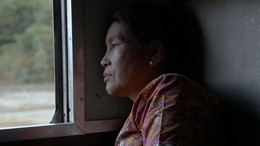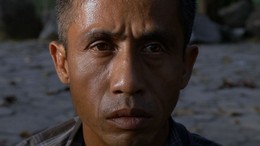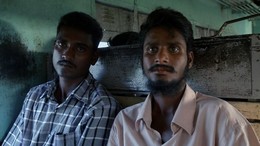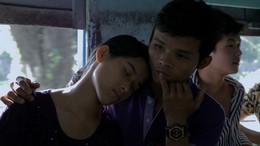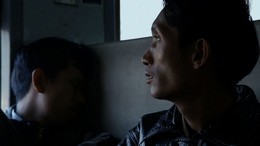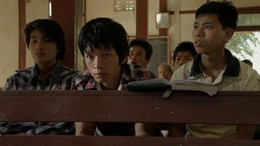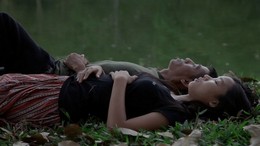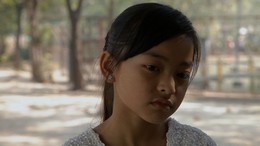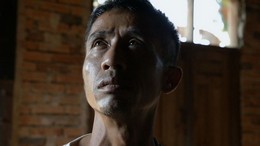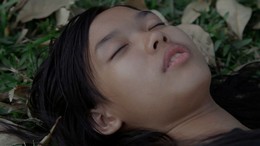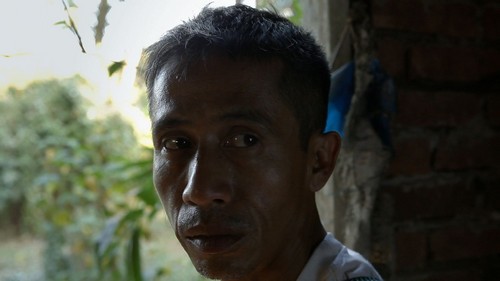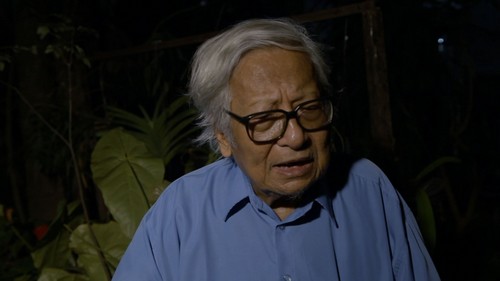Burmese days 2014-2015, 88 minutes
A Feature film by Alain Mazars
produced by Catherine Dussart /CDP and INA (Sylvie Blum)
Synopsis
Two parallel narratives. The first follows a present-day investigation by a group of Burmese through Mandalay, Maymo, Myaungmya, Twante, Syriam, Insein, Moulmein and Katha, where from 1922 to 1927 the most celebrated Western writer in Myanmar, George Orwell, worked as a policeman for the British Empire. The second narrative mirrors the first in the here and now: a journey into the land of fear, where the protagonists are the Burmese, Orwell and today?s Western world. Having just taken a step toward escaping the hold of dictatorship, the characters of this film begin to give new meaning to their own lives, as if the reading of the English author?s major work 1984 has had a revelatory effect on them. It is in this Burma, which we know to be governed by magic and spirits, that Orwell?s ghost and the incarnation of the characters from his beacon novel are conjured in this film.
Interview of Alain Mazars
The title of your film refers to Orwell 's first novel BURMESE DAYS, but it is above all linked to his last novel 1984 ...
This film can be seen as an attempt to incarnate the main characters of the novel « 1984 » in contemporary Burma : Winston (whose crime is to write a personal diary), Julia (the one who represents a rebellious desire threatening the foundations of the totalitarian administration), O'Brien (the manipulative character who implements the orders of that administration) and of course the famous Big Brother. The entities represented by those four characters are like the guiding forces of the movie 's narrative . But these characters are also connected to those of Orwell's first novel - BURMESE DAYS - Flory and U Po Kyin …
Why does George Orwell speak in burmese language ?
The film 's narrator is not George Orwell but his burmese reincarnation. In Occident, we don't take seriously this idea of reincarnation, but in Asia, people really believe in this. For the Burmese people, the invisible world of the spirits is not an imaginary one, but a real one. I tried to give an account of that « Burmese vision » emanating from the collective subconscious of South-East Asia, a vision that is confusing for Westerners. The title of the film - BURMESE DAYS - outside Orwell's novel, reflects this burmese point of view I wanted to express.
Is it a documentary or a fictional film ?
For Orwell, the totalitarism threatening every political regime is creating a world of ghosts disconnected from reality. Whether it's through writing or filming, my goal is to search for reality and in terms of expression, I am trying to shoot in a way that will reflect in a poetic fashion Orwell's idea of reality. Why in a poetic way? Because the poetic approach is for me the expression of the dominance of intuition and the emotion who are the trademark of Orwell and his message of hope for human beings fighting against the darkness of the world. As a meditative journey about the colonialist past and the fears of the Western modern world, this movie can be seen as a dreamlike exploration of Orwell's soul-searching, facing death alone as he writes « 1984 », with all that he experienced during his five years spent in Burma coming back to him.
Is the film structure's linked to an idea of schizophrenia ?
In “1984,” Orwell pushed this idea of double-thought and the Freudian superego which allow us to hold in our mind two conflicting beliefs. He pushed it so far that his narrator has a double identity, becoming a schizophrenic story-teller, torn between two voices and two plots, one visible and the other latent. So it is the same in my movie: Two perspectives are shown by the movie's director (who represents Orwell), the Burmese one and the Western one. Two distinct perspectives will co-exist, and this forms a double identity.
Pictures
